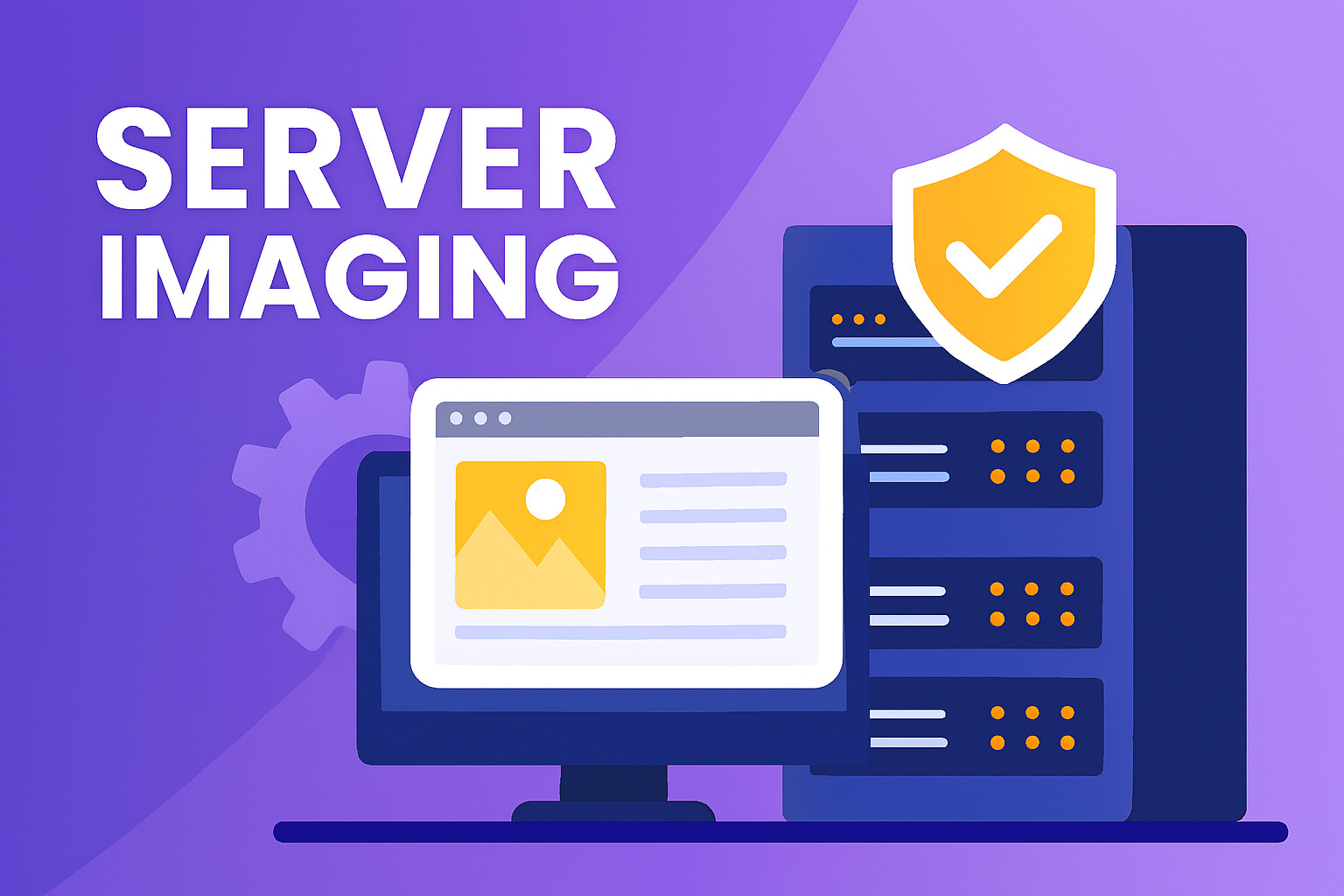IT support professionals often feel trapped—their roles offer stability but limited growth, while career advancement seems to require starting over. Yet IT support backgrounds provide surprising advantages for DevOps careers. DevOps course specifically designed to bridge from support roles to engineering positions can accelerate this transition, leveraging existing expertise while developing needed technical depth. This guide explores how IT support professionals can successfully transition to DevOps through strategic online DevOps training.
Why IT Support Professionals Are Ideal DevOps Candidates
IT support experience provides unexpected advantages for DevOps careers, though these strengths aren’t always apparent.
Operational understanding exceeds development backgrounds. IT support professionals intimately understand infrastructure, systems, and operational challenges. They’ve troubleshot real production issues, managed user problems, and navigated system complexity. This operational thinking aligns naturally with DevOps philosophy emphasizing reliability and operational excellence.
Infrastructure familiarity provides foundation. Supporting IT infrastructure—servers, networking, storage, security—develops systems thinking invaluable in DevOps. While IT support focuses on break-fix reactive response, DevOps applies this infrastructure knowledge proactively to automation and reliability engineering. The foundational infrastructure understanding accelerates DevOps learning.
Problem-solving instincts transfer directly. IT support demands rapid troubleshooting, creative solutions under pressure, and logical debugging. These problem-solving capabilities transfer directly to DevOps where diagnosing deployment failures, debugging infrastructure issues, and resolving system problems require identical skills.
Communication strength valued in DevOps. IT support develops excellent communication skills—explaining technical concepts to non-technical users, documenting solutions, and collaborating across teams. DevOps roles requiring cross-functional collaboration benefit tremendously from these communication capabilities.
Change management experience. Managing system updates, patches, and configuration changes in production develops change management discipline valuable in DevOps. IT support professionals understand change risk and implementation complexity better than many developers entering DevOps.
Yet transitioning from IT support to engineering requires deliberate skill development. Online DevOps training specifically bridges this gap.
Understanding the Gap Between Support and Engineering
IT support and DevOps engineering roles differ fundamentally, and online DevOps training must address these differences.
Reactive versus proactive thinking. IT support operates reactively—responding to failures and user problems. DevOps thinking is proactive—designing systems preventing problems, automating repetitive tasks, and implementing monitoring detecting issues before user impact. Online DevOps training must cultivate this proactive, preventative mindset.
Manual versus automated approaches. IT support often resolves issues through manual intervention and direct troubleshooting. DevOps automating repetitive tasks transforms manual approaches into code-based solutions. Online DevOps training emphasizes infrastructure as code, deployment automation, and infrastructure management through programmatic interfaces rather than manual tools.
Scripting and programming requirements. IT support may involve basic scripting; DevOps requires solid programming fundamentals. Online DevOps training must develop proficiency in Python, Bash, or similar languages. IT support professionals need programming introduction and substantial practice.
Architecture and design thinking. IT support responds to existing infrastructure; DevOps designs infrastructure from scratch. Online DevOps training must develop architectural thinking enabling infrastructure design rather than just maintenance.
Continuous delivery mindset. IT support manages infrastructure for existing applications; DevOps accelerates application delivery through continuous integration and deployment. Online DevOps training must introduce CI/CD concepts, pipeline design, and deployment automation philosophies foreign to traditional support roles.
Recommended Online DevOps Training Path for IT Support Professionals
Effective online DevOps training for IT support professionals sequences learning strategically.
Phase 1: Programming Fundamentals (Weeks 1-3)
Before tackling DevOps tools, solidify programming skills. Take online DevOps training modules covering Python basics, Bash scripting, and version control with Git. IT support professionals often have limited programming background; this phase closes that gap. Focus on practical scripting for automation rather than theoretical computer science concepts.
Recommended topics: Variables and data types, control structures, functions, file handling, error handling, Git workflows.
Phase 2: Linux System Administration (Weeks 4-6)
Deepen Linux expertise beyond basic familiarity. Most IT support professionals have limited Linux experience despite DevOps dominance on Linux. Online DevOps training covering user management, file permissions, networking, package management, and service administration solidifies Linux fundamentals. Practice through hands-on labs extensively.
Recommended topics: User and permission management, networking configuration, service management, system monitoring, log analysis.
Phase 3: Infrastructure as Code (Weeks 7-9)
This phase represents a significant mental shift—expressing infrastructure as code rather than manual configuration. DevOps certification covering Terraform or CloudFormation teaches infrastructure automation from code. IT support professionals often find this shift challenging; extended practice through increasingly complex projects proves essential.
Recommended topics: Infrastructure as code principles, Terraform fundamentals, state management, modules, provisioning resources.
Phase 4: Containerization and Docker (Weeks 10-12)
Containers revolutionize application deployment and operations. Online DevOps training covering Docker teaches containerization, image creation, container networking, and Docker Compose. This technology represents a fundamental shift from traditional IT operations; adequate time for deep learning proves essential.
Recommended topics: Docker fundamentals, image creation, containerization, Docker Compose, Docker registries, container networking.
Phase 5: Orchestration and Kubernetes (Weeks 13-16)
Kubernetes complexity justifies significant online DevOps training time investment. Deploy services, manage storage, configure networking, and troubleshoot issues. IT support background provides advantages here—managing multiple systems aligns with Kubernetes cluster administration. Extended hands-on practice enables solid Kubernetes competency.
Recommended topics: Kubernetes architecture, deployments, services, storage, networking, troubleshooting, helm package management.
Phase 6: CI/CD and Automation (Weeks 17-20)
Pipeline development and continuous deployment transform how applications reach production. Online DevOps training covering Jenkins, GitLab CI, or cloud platform pipelines teaches automation of build, test, and deployment processes. Design complete pipelines automating entire software delivery.
Recommended topics: CI/CD concepts, pipeline design, testing integration, deployment strategies, monitoring and logging.
Phase 7: Cloud Platforms (Weeks 21-24)
Select AWS, Azure, or GCP and deepen cloud expertise. Online DevOps training covering cloud platform services, managed services, and cloud-native architectures prepares for real-world DevOps roles predominantly cloud-centric. Practical experience provisioning infrastructure and deploying applications proves essential.
Recommended topics: Cloud platform services, IAM and security, networking, databases, monitoring, cost optimization.
Leveraging IT Support Strengths During Online DevOps Training
Online DevOps training succeeds when IT support professionals consciously apply existing strengths.
Apply operational thinking to automation. Rather than thinking “how do I fix this manually,” transform problems into “how do I automate this solution?” During online DevOps training, consciously reframe operational challenges through automation lens.
Use troubleshooting skills for debugging infrastructure. Systematic troubleshooting methodology learned in IT support applies directly to debugging infrastructure code and deployment failures. Apply diagnostic thinking to infrastructure problems during online DevOps training.
Leverage communication abilities. During online DevOps training, explain concepts to peers in study groups. Writing is essential in DevOps—document your learning, write code comments, and compose technical blog posts. Your communication skills provide advantages in documentation and technical writing.
Bring operational discipline to code. IT support emphasizes change management, testing, and careful implementation. Apply these operational principles to infrastructure code development during online DevOps training.
Addressing Online DevOps Training Challenges for IT Support Professionals
Specific challenges confront IT support professionals during online DevOps training transition.
Programming anxiety requires extended practice. Many IT support professionals lack programming backgrounds and initially feel intimidated. Acknowledge this learning curve, start fundamentals early, and practice extensively. Programming becomes comfortable through repetition.
Mindset shifts take time. Transitioning from reactive support to proactive automation requires mental reprogramming. Be patient with yourself during online DevOps training. New thinking patterns develop gradually through conscious practice.
Imposter syndrome affects transitions. Developers entering IT support, and IT support professionals entering DevOps both experience imposter syndrome. Remember that your operational expertise provides genuine advantages. Imposter feelings are normal; acknowledge them without accepting them as truth.
Infrastructure design feels abstract initially. IT support focuses on maintaining existing infrastructure; designing infrastructure from scratch feels unfamiliar. Begin with simple designs during online DevOps training, gradually increasing complexity as comfort develops.
Maximizing Your Online DevOps Training Investment
Strategic approaches ensure online DevOps training effectively bridges IT support to DevOps engineering.
Complete hands-on labs religiously. Never skip practical labs during online DevOps training. Labs transform theoretical knowledge into practical capability. Struggle through challenging exercises rather than watching solutions.
Build actual projects. Beyond course exercises, create your own projects implementing online DevOps training concepts. Deploy containerized applications, create infrastructure as code, design CI/CD pipelines. Project portfolio becomes primary credential demonstrating capability.
Engage with community. Participate actively in online DevOps training forums, study groups, and communities. Discuss challenges, help peers, and share learning. Community engagement provides support and accelerates learning.
Seek mentorship. Connect with current DevOps engineers as mentors. Their perspective on IT support to DevOps transition proves invaluable. Mentors provide guidance, encourage progress, and help navigate challenges.
Apply learning immediately. Implement online DevOps training concepts at current IT support role whenever possible. Automate repetitive support tasks, containerize test applications, or implement monitoring scripts. Immediate application reinforces learning.
Timeline and Career Expectations
Online DevOps training timeline: 6-9 months for comprehensive learning covering fundamentals through Kubernetes and CI/CD pipeline mastery.
Post-training job search: Expect 2-4 months securing first DevOps role after training completion. Build portfolio aggressively to demonstrate capability. Many employers value IT support background combined with DevOps training.
Salary expectations: First DevOps engineering roles typically pay 15-25% more than IT support. Senior DevOps positions command 50%+ premium over IT support baseline.
Conclusion
IT support professionals possess surprising advantages for DevOps engineering careers. DevOps certification specifically designed to bridge from support roles accelerates this transition, leveraging operational thinking while developing required technical depth. By following structured learning progression—from programming fundamentals through cloud platforms—combined with conscious application of existing strengths, IT support professionals successfully transition into rewarding DevOps engineering careers.
Your IT support background represents competitive advantage, not liability, in DevOps transitions. Operational discipline, infrastructure understanding, problem-solving capability, and communication skills provide genuine advantages. Online DevOps training fills technical skill gaps while your support background distinguishes you from developer-background peers.
Commit to structured online DevOps training, engage actively with course materials, build impressive projects, and apply learning immediately to your role. Within 6-12 months, you’ll transition from IT support into DevOps engineering roles offering career growth, technical challenges, and significantly improved compensation. Your path from support to engineering through online DevOps training is achievable—begin today and transform your career.







